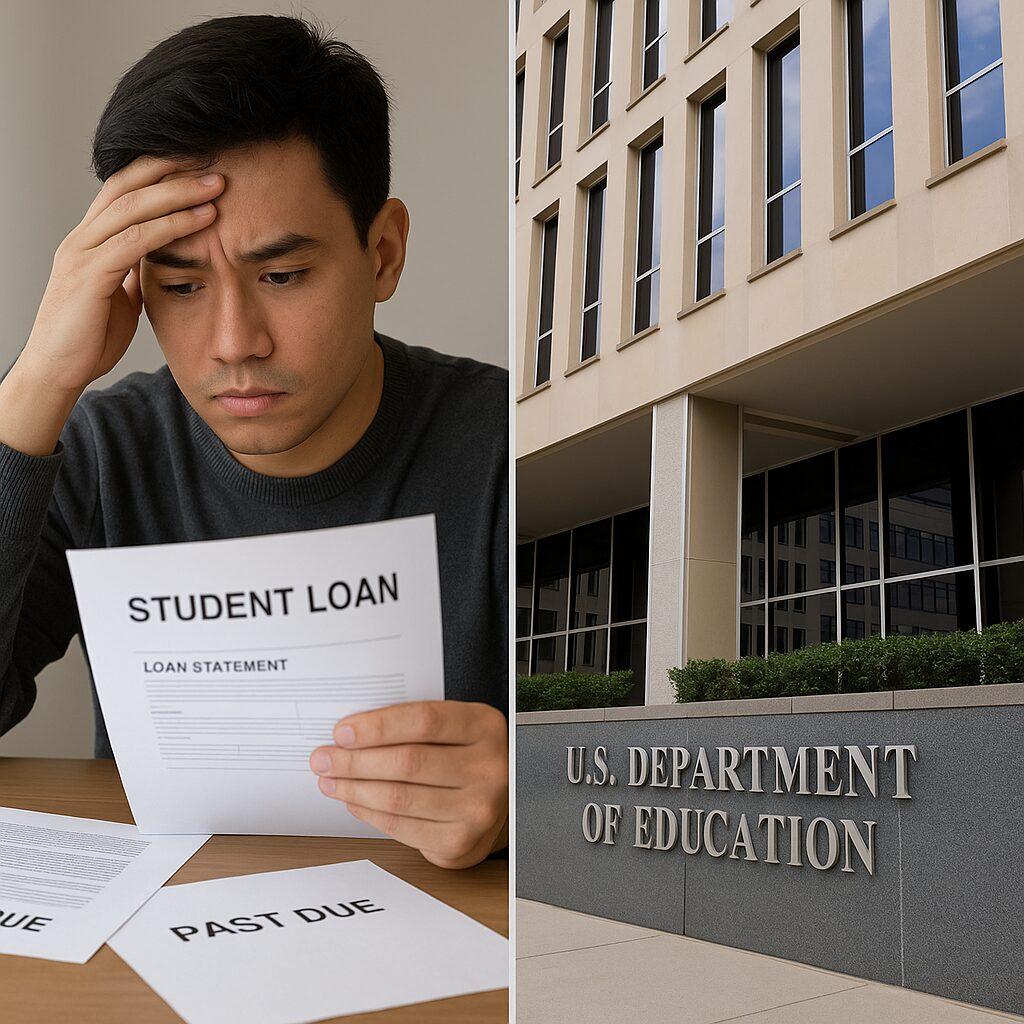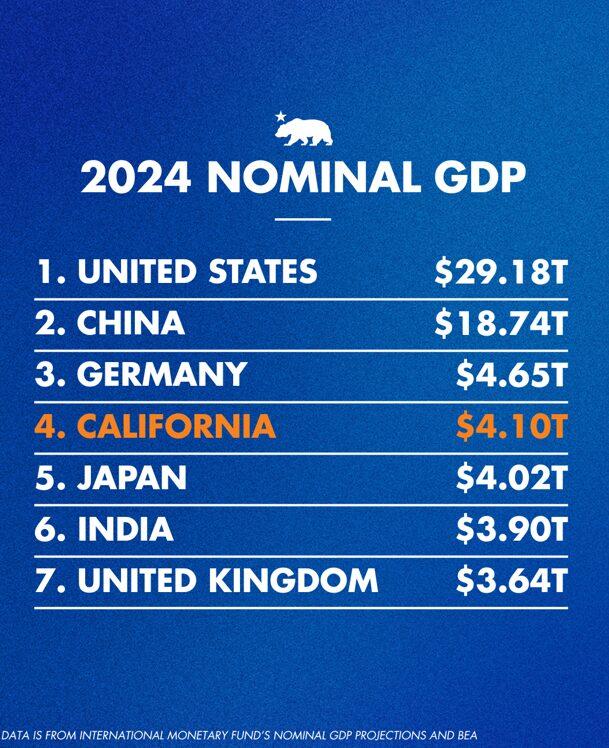CALIFORNIA Governor Jerry Brown announced a $170.6 billion spending plan for the state, covering funding for schools, climate change programs, and services for the poor, elderly and disabled.
At a Capitol news conference on Wednesday, Jan. 6, Brown, in his fourth term as California governor amid a crippling recession, repeatedly warned of the possibility of another economic downturn, and rejected calls for more robust spending increases. He also criticized ballot measures that seek to extend temporary tax increases which he championed in 2012, faulting them for exempting revenue from Proposition 2, the budget reserve voters approved in 2014, reported The Sacramento Bee.
“That, in my judgment, is a fatal flaw,” he said to reporters. “It’s just a matter of balance.”
Brown’s proposal would provide a boost to public education, increasing school spending to $10,591 per student ($3,600 more than at the tail end of the recession). However, Brown expressed reservations about a $9 billion bond measure to pay for school and community college facilities, suggesting he will seek to negotiate an alternative with the Legislature.
The bond measure, Brown said, “favors wealthy districts over poorer ones because it says, ‘Hey, if you’ve got your application ready, you’ll be first in line,’ and that will favor the more affluent and the more resourced districts.”
The budget release serves as a reflection of the governor’s priorities; education, the poor, and the environment.
The governor reintroduced two major proposals for which he failed to secure funding last year: a multibillion-dollar plan to fund road repairs, and a modified expansion of a tax on health plans to help generate funds for Medi-Cal.
He also proposed an “essential” additional $2-billion payment into the state’s rainy-day fund, growing the size of the reserve account to almost two-thirds of its legally-mandated goal, according to the Los Angeles Times.
Brown, a longtime champion of environmental causes, also proposed using cap-and-trade revenue – money polluters pay to offset carbon emissions – to fund programs to reduce petroleum use in motor vehicles.
The environmental proposal comes less than a month after Brown returned from international climate talks in Paris, and revisits a legislative defeat on petroleum last year.
As part of a $3.1 billion spending plan for cap-and-trade, Brown proposed $1 billion to reduce emissions in the transportation sector, including funding for mass public transit and incentives for zero-emission vehicles.
In an effort to win Republican votes and the support of health plans, Brown cast the tax plan Thursday, Jan. 7 as “a net gain” for the plans, and promised increased funding for the developmentally disabled if approved.
The new health plan tax would draw $1 billion in federal matching dollars, while generating additional money to help pay for in-home care givers and other programs, Brown said. Any increase, though, would require the votes of at least several Republican lawmakers.
“I know it’s a heavy lift,” Brown said, adding later, “There’s no deal.”
“Unlike last year’s health plan tax proposal – which would have hit the industry with several hundred million dollars in increased costs that likely would have been passed on to millions of Californians – the new proposal would net the industry $90 million,” said Michael Cohen, Director of Finance. “The proposal would offset corporate and gross premium taxes paid by the health plans.”
The budget includes more than $80 million in grants for the state’s network of regional centers, which arrange services for people with autism and other developmental disabilities, and would increase payments for the blind, elderly and disabled.
“This will be a huge help to 1.3 million people with disabilities and seniors around the state who are struggling to pay the rent and get enough food to eat,” said Frank Tamborello, executive director of Hunger Action LA, noting that grant increases should be even greater to account for cost of living.
Assembly Speaker Toni Atkins (D-San Diego) called funding for people with developmental disabilities “one of the most critical needs we must address,” and added the health plan tax “needs to be done now.”
“The community has waited long enough,” Atkins said.
The governor’s proposal comes amid ongoing improvement in the state budget since the last recession, leaving Brown and lawmakers with more funds to try and allocate.
The nonpartisan Legislative Analyst’s Office projected in November that the state will end the current fiscal year in June with $7.9 billion in reserve, at least $3.3 billion more than lawmakers expected last year.
Brown also included billions of dollars in one-time spending in his plan. State parks, which were strapped for cash during the last recession, would receive some of the $500 million in funds set aside for parks, levees and other maintenance work at state public works around California. Schools would also get a one-time increase of $1.2 billion to use however they want.
The budget is the second since California voters approved a new reserve fund that is aimed at protecting sharp swings in revenue and spending. Brown proposed shifting $3.5 billion into the reserve, $2 billion more than required by Proposition 2.
“Everybody thinks when they’re up here, it’s all wonderful. That’s what they thought before the dot-com, and that’s what they thought before the mortgage meltdown,” Brown said, pointing to budget revenue charts. “And so here we are again.”





